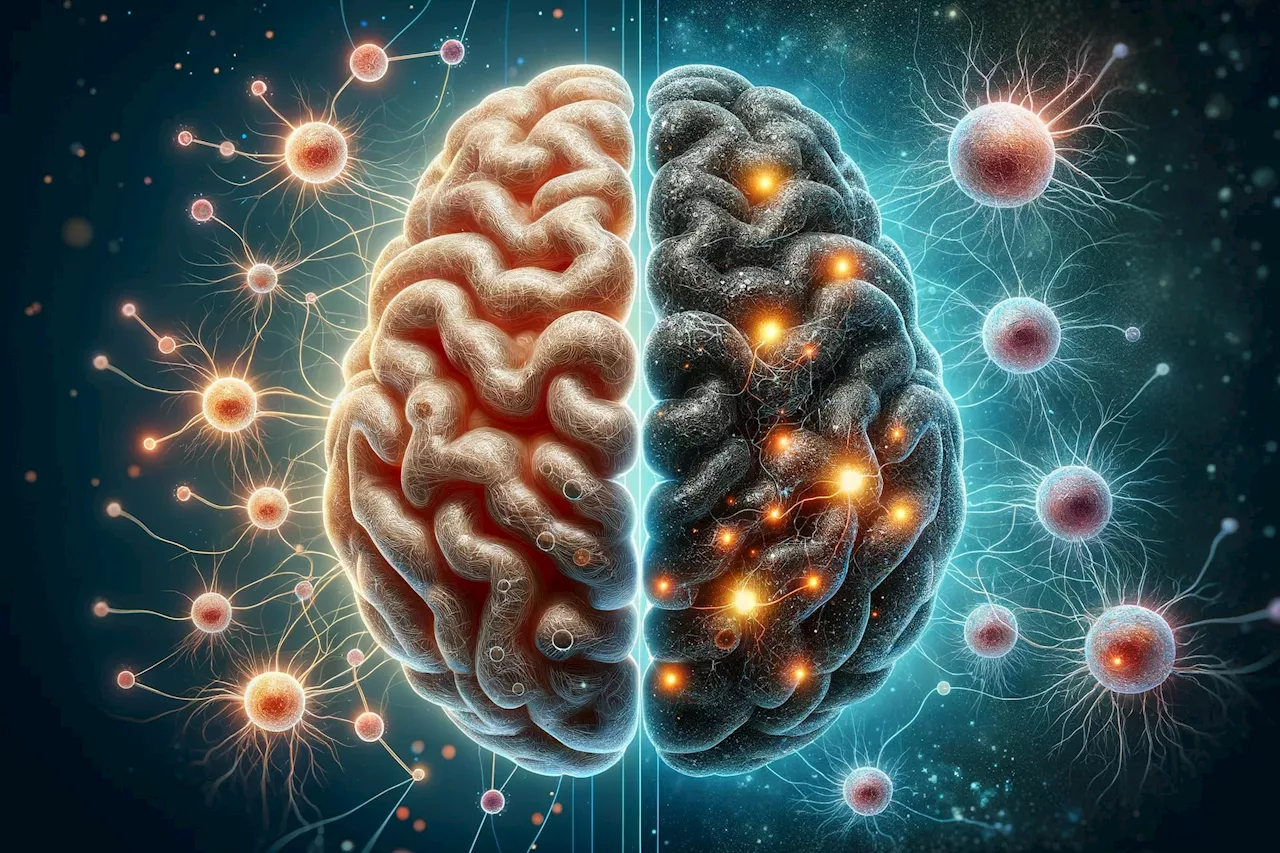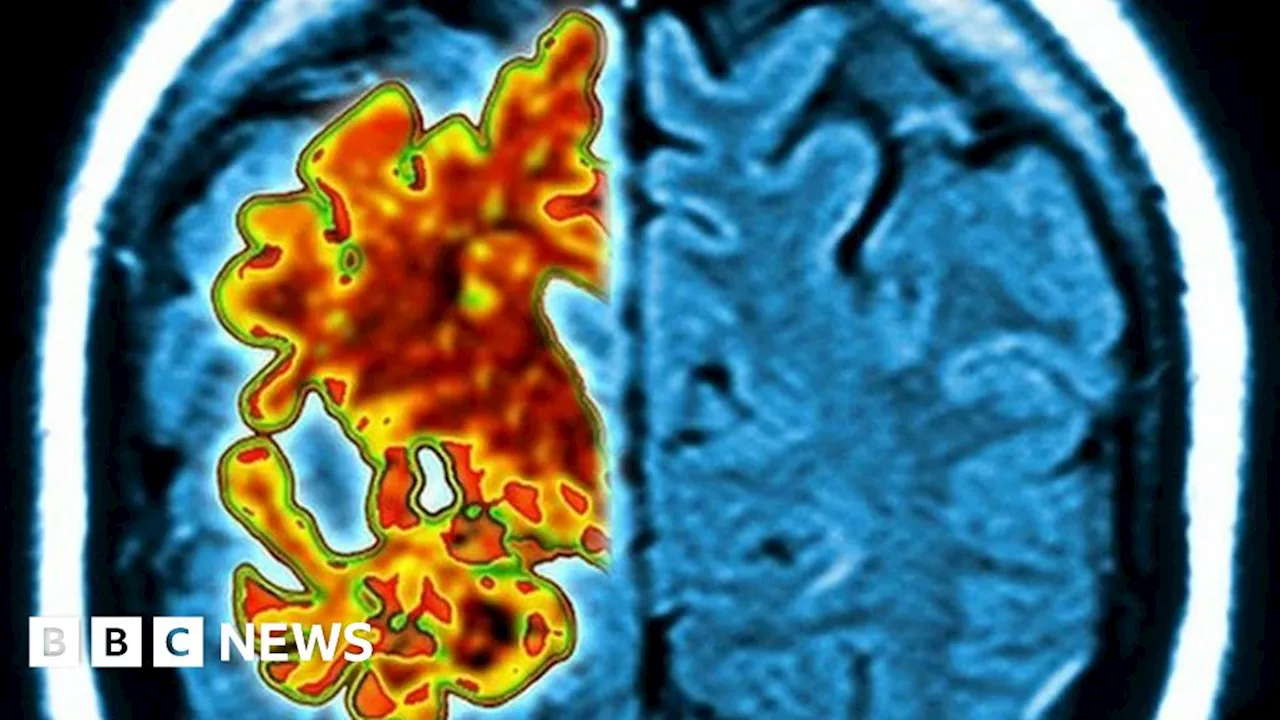Stimulating a key brain rhythm with light and sound increases peptide release from interneurons, driving clearance of Alzheimer's protein via the brain's glymphatic system, new study suggests.
How 40Hz sensory gamma rhythm stimulation clears amyloid in Alzheimer's mice." ScienceDaily. ScienceDaily, 28 February 2024. <www.sciencedaily.com
A new study shows that wasteosomes -- structures that act as containers for brain waste products -- indicate a malfunction of the glymphatic system, a recently discovered system that is an important ... Bacterial meningitis is a life-threatening infectious disease of the brain that leaves many survivors with long-lasting neurological impairments. Now, researchers show in a study on rats that the ...
A new study suggests a key protein molecule plays a major role in the accumulation of brain cholesterol, triggering the development of Alzheimer's and supporting the use of peptide inhibitors as a ... In Alzheimer's disease, a protein forms clumps in the brain and causes sufferers to lose their memory. A research group has now described a new treatment method that increases the body's ...New Study Analyzes Link Between Digit Ratio and Oxygen Consumption in Footballers
United States Latest News, United States Headlines
Similar News:You can also read news stories similar to this one that we have collected from other news sources.
 Fixing Rogue Brain Cells To Treat Neurodegenerative Diseases Like Alzheimer’s and Parkinson’sScience, Space and Technology News 2024
Fixing Rogue Brain Cells To Treat Neurodegenerative Diseases Like Alzheimer’s and Parkinson’sScience, Space and Technology News 2024
Read more »
 Alzheimer's Disease Symptoms & Early DiagnosisMemory loss and confusion can be signs of normal aging, but also warning signs of Alzheimer's disease. The early stages of Alzheimer's disease can affect problem solving, vision, and more.
Alzheimer's Disease Symptoms & Early DiagnosisMemory loss and confusion can be signs of normal aging, but also warning signs of Alzheimer's disease. The early stages of Alzheimer's disease can affect problem solving, vision, and more.
Read more »
 Erectile Dysfunction Drugs May Lower Risk of Alzheimer'sThe Best in Science News and Amazing Breakthroughs
Erectile Dysfunction Drugs May Lower Risk of Alzheimer'sThe Best in Science News and Amazing Breakthroughs
Read more »
 ED drug users are 18% less likely to develop Alzheimer’sInteresting Engineering is a cutting edge, leading community designed for all lovers of engineering, technology and science.
ED drug users are 18% less likely to develop Alzheimer’sInteresting Engineering is a cutting edge, leading community designed for all lovers of engineering, technology and science.
Read more »
 Medicine stopped in 1980s linked to rare Alzheimer's casesContaminated injections of growth hormone may have caused five rare cases of dementia, scientists think.
Medicine stopped in 1980s linked to rare Alzheimer's casesContaminated injections of growth hormone may have caused five rare cases of dementia, scientists think.
Read more »
 Immune genes are altered in Alzheimer's patients' bloodA new study has found the immune system in the blood of Alzheimer's patients is epigenetically altered. That means the patients' behavior or environment has caused changes that affect the way their genes work. Many of these altered immune genes are the same ones that increase an individual's risk for Alzheimer's.
Immune genes are altered in Alzheimer's patients' bloodA new study has found the immune system in the blood of Alzheimer's patients is epigenetically altered. That means the patients' behavior or environment has caused changes that affect the way their genes work. Many of these altered immune genes are the same ones that increase an individual's risk for Alzheimer's.
Read more »
